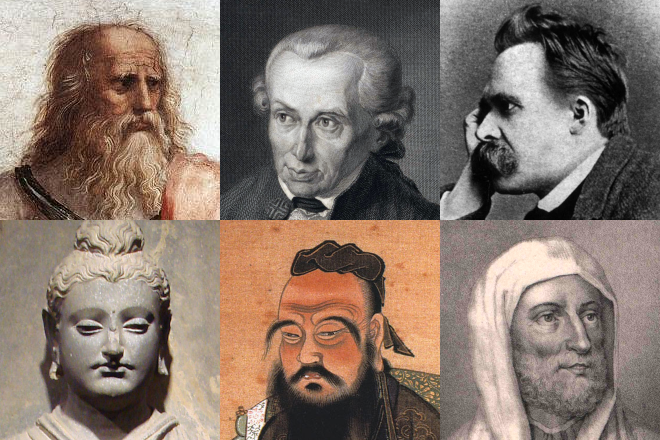Philosophy 101
- Introduction to Philosophy
- Ancient Greek Philosophy
- Renaissance and Enlightenment Philosophy
- Modern Philosophy
- American Philosophy
- Existentialism and Phenomenology
- Analytic Philosophy
- Contemporary and Postmodern Philosophy
- Eastern Philosophy
- Philosophy of Religion
- Philosophy of Science
Ethical Philosophy
Ethics in Politics and Business

Branch of philosophy that systematizes, defends, and recommends concepts of right and wrong conduct.
Ethics, as a philosophical discipline, is concerned with what is morally good and bad, right and wrong. It is a critical part of both politics and business, as it helps guide actions and decisions in these fields. This article will delve into the role of ethics in politics and business, exploring the moral responsibilities and ethical dilemmas faced in these areas.
Political Ethics
Political ethics, also known as political morality, involves two basic kinds of questions. The first relates to the ethics of political structures, such as the principles behind constitutional design, the moral basis of rights, and the duties of citizens. The second involves the ethics of political behavior, such as the moral conduct of political leaders and the ethical implications of policy decisions.
Politicians, as public figures, have a responsibility to uphold certain ethical standards. They are expected to act with integrity, honesty, and transparency, and to make decisions that are in the best interest of the public. However, they often face ethical dilemmas, such as conflicts of interest, corruption, and the use of power for personal gain.
Political ethics is not just about avoiding wrongdoing, but also about promoting good. This includes advocating for social justice, equality, and human rights, and working towards the common good. It also involves ethical leadership, which is about leading by example and inspiring others to act ethically.
Business Ethics
Business ethics is the study of appropriate business policies and practices regarding potentially controversial issues, such as corporate governance, insider trading, bribery, discrimination, corporate social responsibility, and fiduciary responsibilities.
In the business world, ethics guide decision-making and strategy. Businesses not only have a responsibility to their shareholders, but also to their employees, customers, and the wider community. This is where the concept of corporate social responsibility comes in. It suggests that businesses should act in a way that enhances society and their environment, rather than detracting from it.
Businesses often face ethical dilemmas, such as balancing profit-making with social responsibility, dealing with conflicts of interest, and managing ethical issues in the workplace. Ethical leadership in business involves setting a good example, promoting a culture of ethics, and ensuring accountability.
In conclusion, ethics plays a crucial role in both politics and business. It guides actions and decisions, promotes good, and helps prevent wrongdoing. By understanding and applying ethical principles, politicians and businesses can contribute to a more just and ethical society.